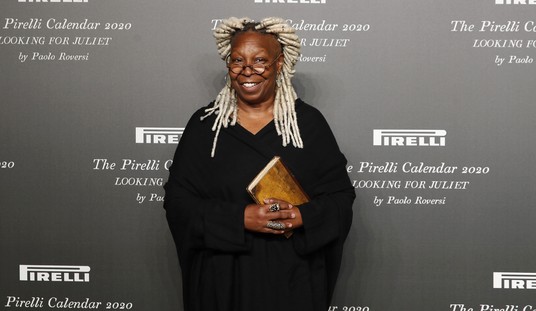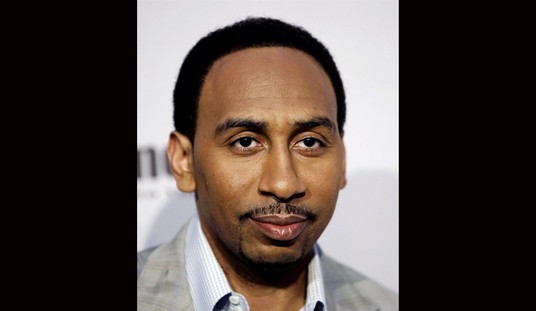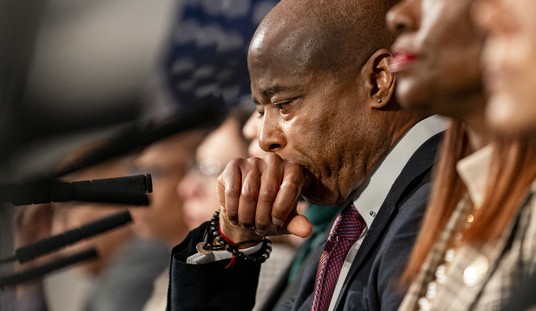On Memorial Day, Gallup reported that U.S. veterans support Mitt Romney over Barack Obama for president by 24 percent — 58 percent to 34 percent. This is a finding that is likely to doom Obama’s efforts to gain support among military voters.
According to NPR’s Greg Allen, the Obama campaign hopes to capitalize on what the Obamacrats perceive as a generational change in the military. Team Obama focuses on the statistic that four years ago, although he lost the veteran vote overall, President Obama won among vets under age 60. Based upon that slim reed Obama is now actively campaigning to win the votes of those in the military.
The Obama campaign’s focus on veterans and active military includes a new ad, launched last week, aimed at veterans and military families, as well as support for increased funding for the Department of Veterans Affairs, a revamped GI Bill and a job training program for returning vets.
Obama’s scheme to gain the support of military voters isn’t going to work.
Romney campaign spokeswoman Amanda Henneberg said Obama has failed to keep faith with veterans:
“He is quadrupling health care premiums for military retirees, has quadrupled the number of veterans who have to wait months on end to receive their benefits, and created a jobs environment that has put a staggering 20.2 percent of our young returning veterans out of work.”
In addition, the New York Times reports that 870,000 veterans are awaiting response to claims submitted to the Department of Veterans Affairs, a waiting list that has doubled under President Obama. According to the Associated Press, almost half — 45 percent of the 1.6 million veterans from the wars in Iraq and Afghanistan seek disability compensation.
Democrats lost the veterans vote by big margins in the last two presidential elections. In 2008, Obama lost among veterans to McCain, 55 percent to 45 percent. In 2004, President George W. Bush out-polled Kerry among vets 57 percent to 41 percent.
Based on Gallup’s polling President Obama will lose the veterans vote by big margins as well:
“Age makes little substantive difference in the vote preferences of male veterans. Those younger than 50 are roughly as likely to support Romney as are those 60 and older. Male veterans aged 50 to 59 are slightly less skewed toward Romney, but still support him by a 15-point margin.”
Peter Feaver, a professor of political science at Duke University, is also skeptical that the voting patterns of veterans are changing that much. But Professor Feaver is concerned that Obama’s active campaign for the military vote risks politicizing America’s armed forces:
“That is a special institutional role that historically we’ve tried to preserve by keeping the military as a nonpolitical institution. Yes, they may vote as private citizens. But … it’s not in their interest and it’s not in the interest of the U.S. — national security more generally — for them to be viewed as an interest group.”
So why would Obama make the effort? Perhaps because the critical states of Virginia, North Carolina and Florida have a lot of veterans and Obama desperately wants to carry those states. Just more of Obama’s politics of expediency.














Join the conversation as a VIP Member